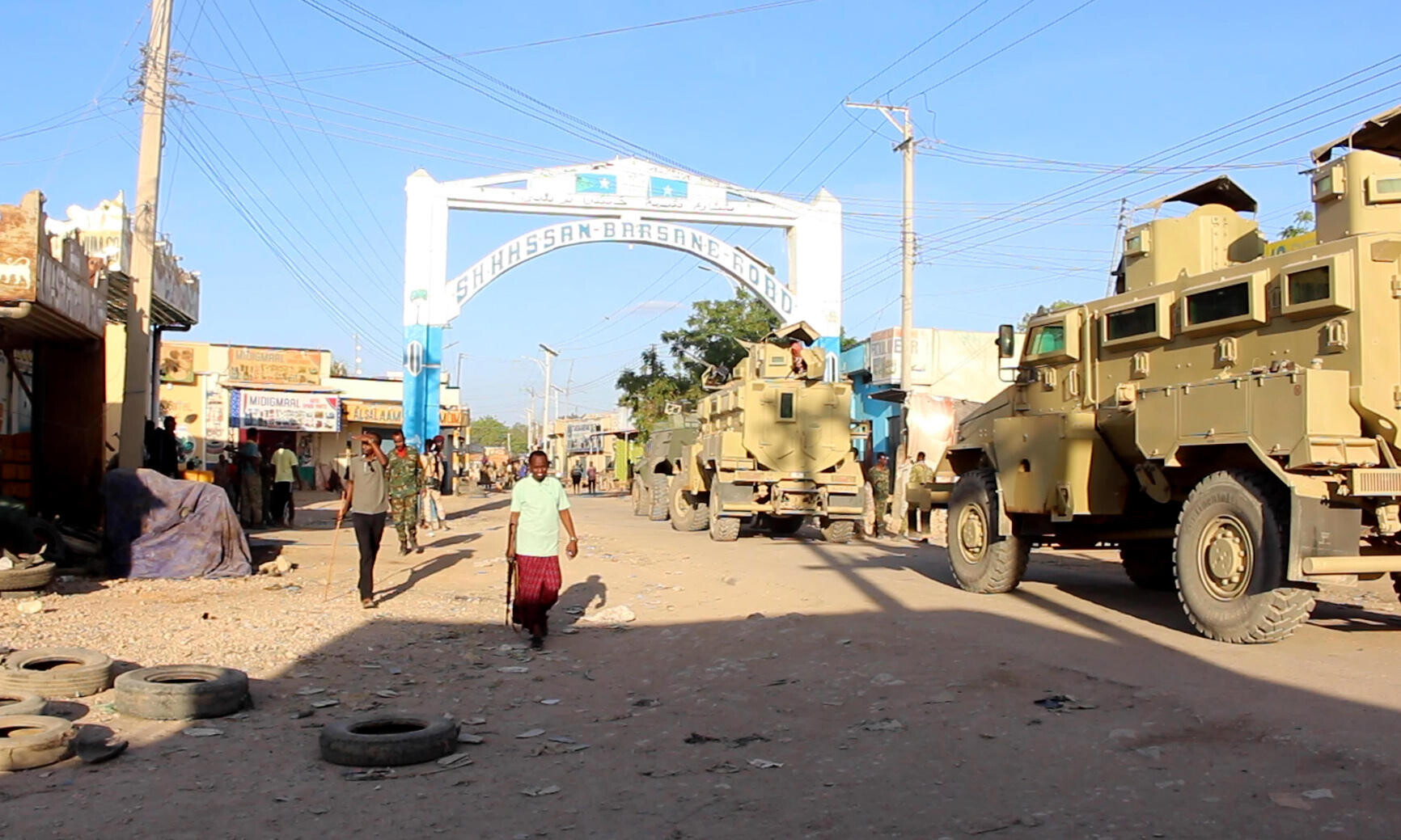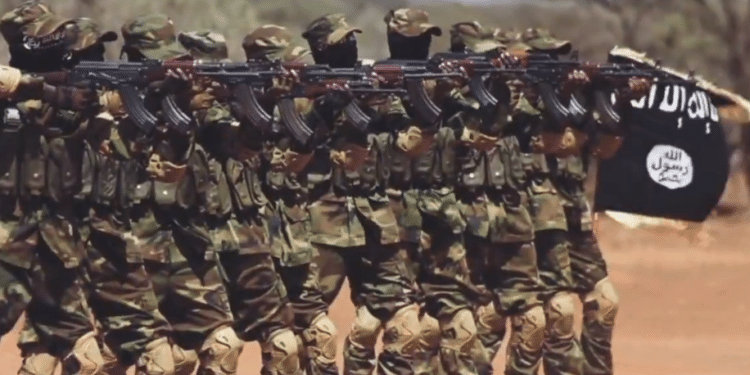Fears Rise as Al-Shabab Strengthens: Mogadishu"s Stability Under Threat Amid Political Turmoil
As Somalia"s capital, Mogadishu, grapples with escalating violence and political instability, concerns are mounting that the city could soon fall under the control of al-Shabab, the notorious affiliate of al-Qaeda. With three years into President Hassan Sheikh Mohamud"s four-year term, the federal government appears increasingly vulnerable, raising alarms about the future of one of the world"s oldest state-building endeavors.
Background & Context
Since the early 1990s, Somalia has struggled with civil war, clan rivalries, and the rise of extremist groups, culminating in the emergence of al-Shabab as a dominant force. The group has utilized guerrilla tactics to exert control over large swathes of the country, particularly in central and southern regions. Despite some initial successes against al-Shabab during Mohamud"s administration, recent developments indicate a troubling reversal. The group has not only shelled Mogadishu’s international airport but also targeted the president"s convoy, an attack that resulted in multiple fatalities while the president narrowly escaped.
Key Developments
The deteriorating security landscape is compounded by dwindling support from Western nations, which have historically provided aid and assistance to Somalia. Observers note that the federal government in Mogadishu has shown signs of weakness, particularly as al-Shabab"s influence appears to be on the rise. Brigadier General Ahmed Abdullahi Sheikh, a former commander of the American-trained Danab special forces unit, has expressed concerns over a series of assassinations targeting senior military commanders, which he attributes to al-Shabab"s infiltration of the national army"s ranks.
In a significant shift in strategy, some U.S. officials are contemplating increased support for regional entities such as Somaliland and Puntland, which are viewed as potentially more reliable partners than the federal government. Somaliland, in particular, has been vocal in its desire for U.S. military investment, suggesting the establishment of a military base on its Red Sea coast in exchange for international recognition as an independent state. General Michael Langley, the top U.S. general in Africa, recently visited Somaliland, signaling a potential pivot in American foreign policy in the region.
\n\n
Image for Fears Rise as Al-Shabab Strengthens: Mogadishu"s Stability Under Threat Amid Political Turmoil
Broader Impact
The implications of these developments are profound. As foreign support wanes, the risk of fragmentation within Somalia increases, raising fears of a resurgence in clan violence. Omar Mahmood of the International Crisis Group warns that the lack of financing for African Union (AU) peacekeepers may lead to a gradual erosion of the current security status quo. This deterioration could pave the way for a chaotic environment where armed groups proliferate, further complicating the already fragile political landscape. The phenomenon known as "proxification," described by Somali academic Afyare Abdi Elmi, highlights the dangers posed by competing foreign interests backing various factions in the country, making it increasingly difficult for Somali leaders to establish a cohesive political settlement.
Moreover, al-Shabab"s reported collaboration with the Houthis, an Iranian-backed militia in Yemen, raises alarms about the group"s potential access to advanced weaponry and training. This partnership could enhance al-Shabab"s operational capabilities, leading to a more formidable threat not just to Mogadishu but potentially to the broader region.
What"s Next
As Somalia teeters on the brink of further instability, the international community faces pressing questions about its role in the country"s future. While foreign interventions by nations such as Turkey and Qatar could stave off an immediate jihadist takeover, the long-term outlook remains uncertain. The interplay of local dynamics, foreign interests, and the shifting allegiances of various factions will likely dictate the trajectory of Somalia in the coming months.
As previously reported, the situation in Somalia mirrors similar scenarios observed in other conflict zones, where power vacuums and external influences exacerbate internal strife. The world watches closely as Mogadishu"s fate hangs in the balance, with the potential for renewed violence and instability looming large.

Image for Fears Rise as Al-Shabab Strengthens: Mogadishu"s Stability Under Threat Amid Political Turmoil


![[Video] Heavy clashes and gunfire reported in Baghdad, Iraq](/_next/image?url=%2Fapi%2Fimage%2Fthumbnails%2Fthumbnail-1768342239932-848qsh-thumbnail.jpg&w=3840&q=75)




![[Video] Gunfire between Iraqi security forces and Sadr militias in Baghdad](/_next/image?url=%2Fapi%2Fimage%2Fthumbnails%2Fthumbnail-1768343508874-4redb-thumbnail.jpg&w=3840&q=75)
